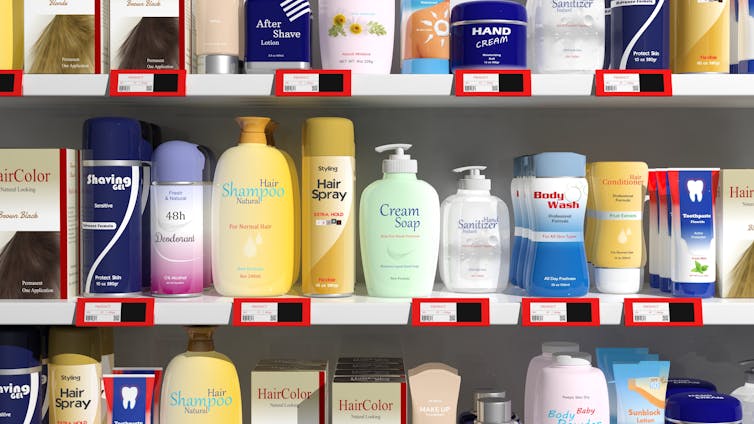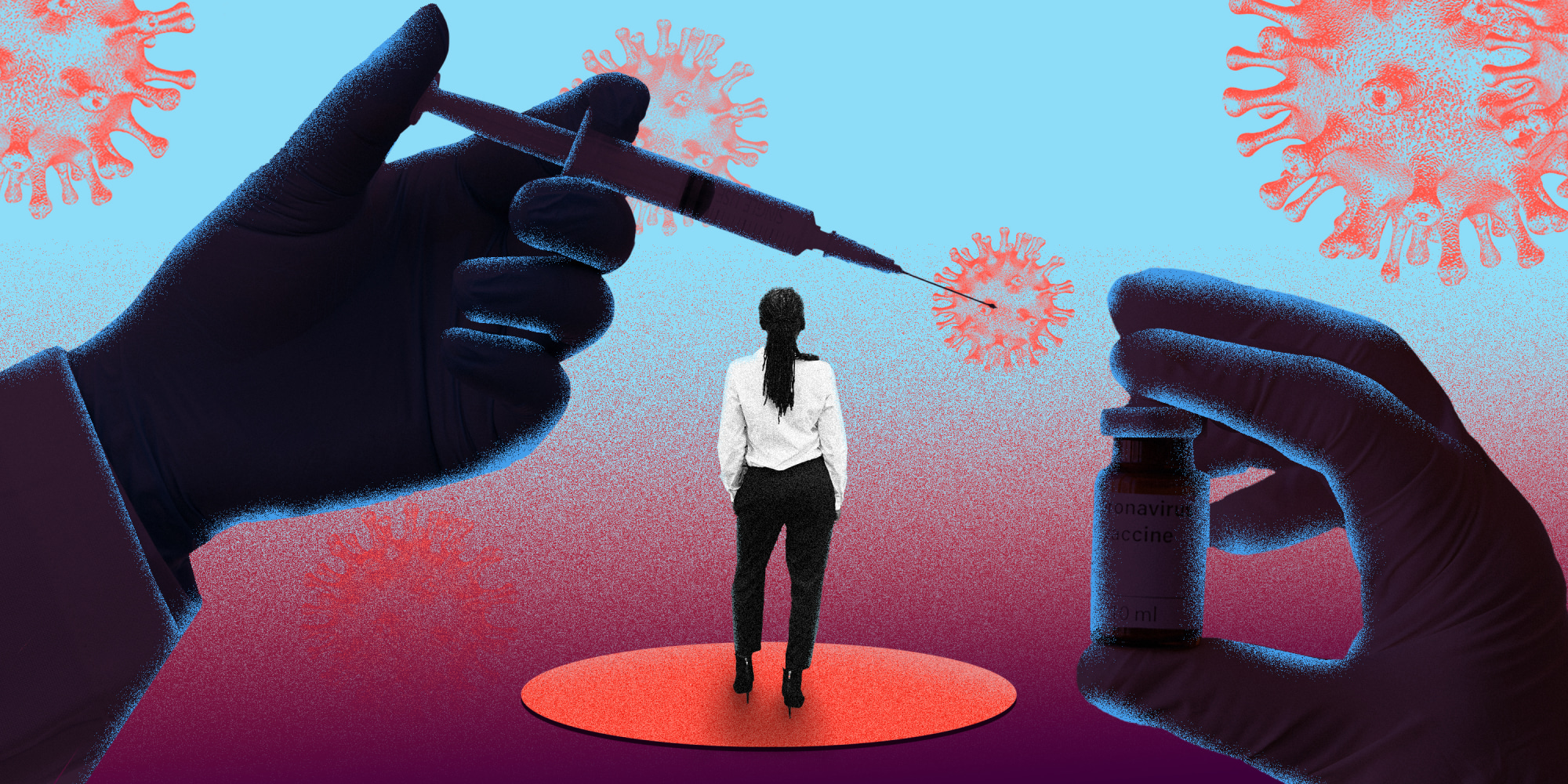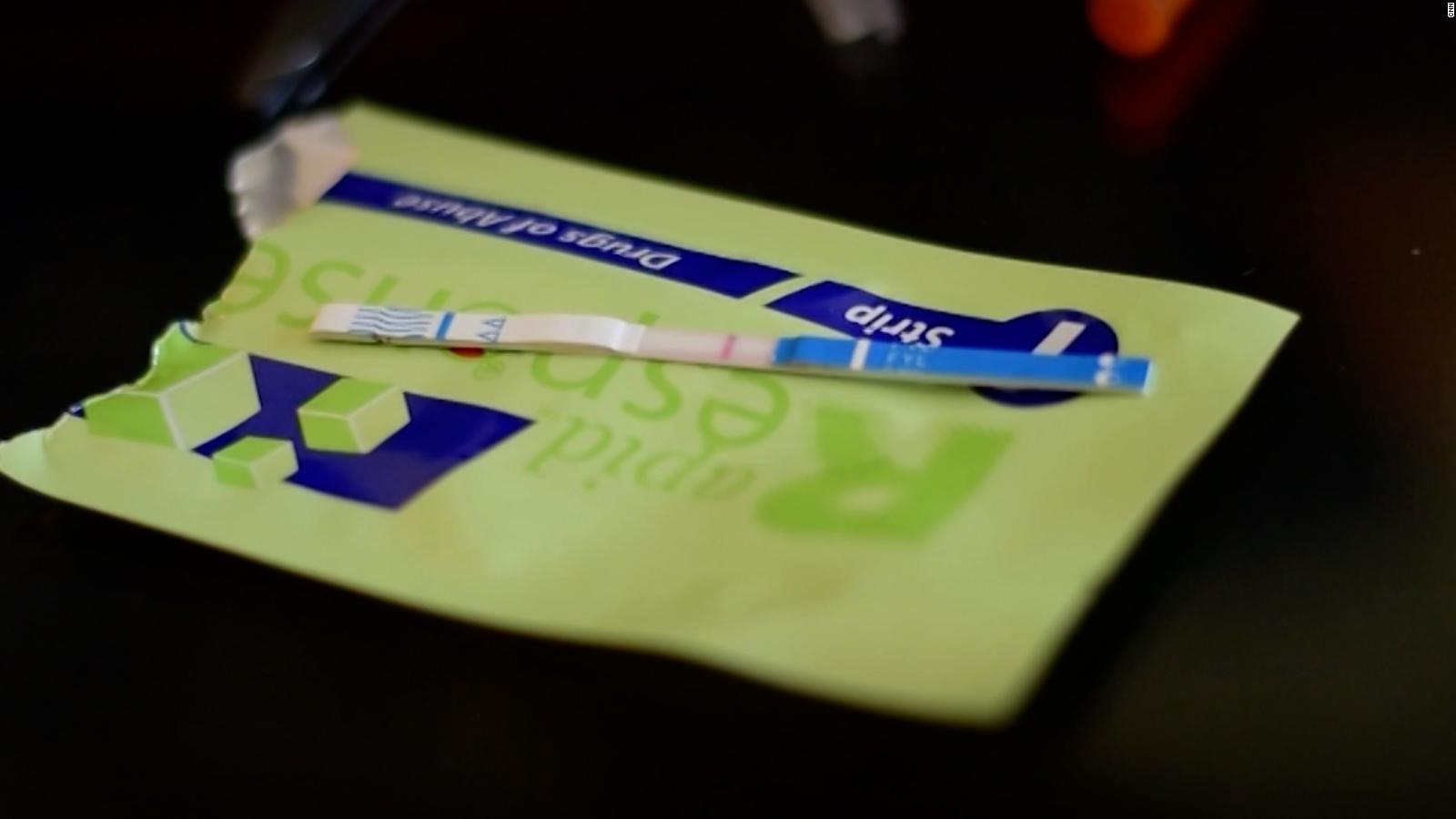YouTube videos are the popular choice for online information on Botox and soft-tissue fillers – but these videos have ongoing problems with the quality of information provided, reports a study in the March issue of Plastic and Reconstructive Surgery, the official medical journal of the American Society of Plastic Surgeons (ASPS). Videos produced by physicians are a better source of information than patient-based videos, according...
Standard Blog

Your Shampoo, Hair Spray and Skin Lotion May Be Polluting the Air
Millions of Americans apply personal care products every morning before heading to work or school. But these products don’t stick to our bodies permanently. Over the course of the day, compounds in deodorants, lotions, hair gels and perfumes evaporate from our skin and eventually make their way outdoors. Now there’s new evidence to suggest that these products are major sources...

Young People Embrace New Model of Teaching Sexual Consent, Study Finds
Sexual health charity Brook has adopted these latest research findings in its teaching methods A new nuanced way of teaching young people about consent that is based on their real-life experiences helps them develop a better understanding of sexual rights and ethics, a new study suggests. By teaching consent using this continuum style approach, rather than by the legal definition...

Young Age, Housing Insecurity Primary Factors in Vaccine Hesitancy Among African Americans
A survey of mostly African American adults living in and around one of Georgia’s largest cities found that COVID-19 vaccine hesitancy was greatest among those age 18 to 29, investigators say. “Age is the main driver,” says Dr. Justin Xavier Moore, epidemiologist at the Medical College of Georgia at Augusta University, with those 18- to 29-year-olds surveyed having 21-fold increased odds of being vaccine...

York U Researchers’ Revamped AI Tool Makes Water Dramatically Safer in Refugee Camps
A team of researchers from York University’s Dahdaleh Institute for Global Health Research and Lassonde School of Engineering have revamped their Safe Water Optimization Tool (SWOT) with multiple innovations that will help aid workers unlock potentially life-saving information from water-quality data regularly collected in humanitarian settings. Created in partnership with Doctors Without Borders/Médecins Sans Frontières (MSF), the free-to-use, open-source online platform has been shown to dramatically...

‘Years of Life Lost’ to Unintentional Drug Overdose in Adolescents Spikes During Pandemic
The first year of the COVID-19 pandemic saw a 113% increase in the “Years of Life Lost” among adolescents and young people in the United States due to unintentional drug overdose, according to researchers at The Ohio State University Wexner Medical Center and College of Medicine. Study findings published online in the Journal of Adolescent Health also document the role of fentanyl in rising overdose...


